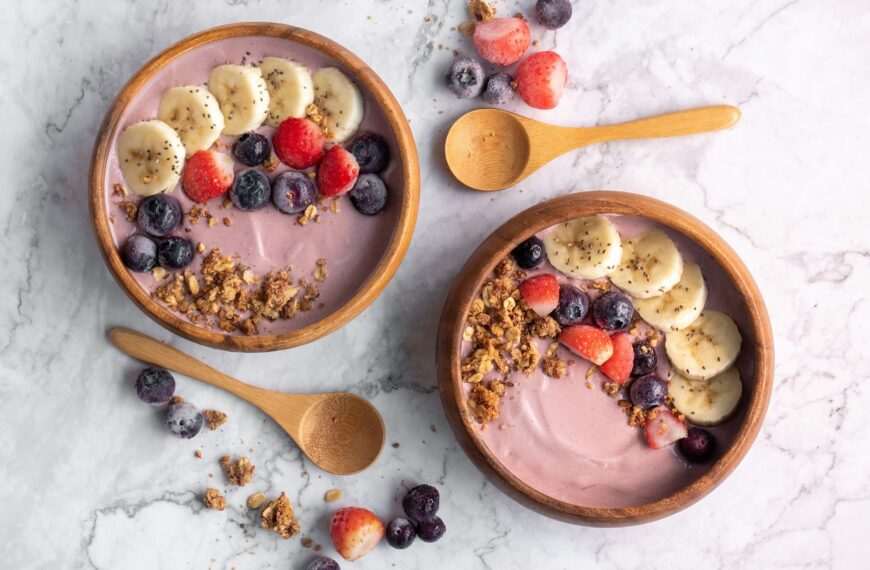
Photo by Christina Rumpf on Unsplash
Ever eyed your pre-workout mix and thought, “Is this caffeine hit really my secret weapon?” You’re not the only one questioning that jitter juice. Let’s cut through the hype and get to the facts about using caffeine to level up your gym game. We all know that caffeine buzz can make you feel like a superhero, but is it actually turning you into one at the gym? It’s time to separate the real gains from the placebo effect.
From muscle pumps to endurance boosts, we’re going to break down what caffeine can (and can’t) do for your workouts. No bro-science here – just straight talk about whether that pre-gym coffee or energy drink is your friend or foe. Ready to find out if caffeine deserves a spot in your fitness toolkit? Let’s get into it and see if this stimulant is worth the jitters.
The Jolt Before You Lift: What’s the Deal?
First things first, let’s talk about why caffeine and workouts are such a popular combo. It’s not just about staying awake through those early morning sessions.
Benefits of caffeine for exercise:
- Increased alertness and focus
- Improved endurance
- Potential fat-burning boost
- Enhanced muscle strength
But hold your horses – it’s not all sunshine and rainbows. Like anything worth having, there’s a trade-off.
Downsides to consider:
- Jitters and anxiety
- Disrupted sleep patterns
- Potential dependency
- Digestive issues
The Science Behind Your Pre-Workout Brew
Now, I’m not going to bore you with a bunch of scientific mumbo-jumbo, but here’s the gist: caffeine blocks adenosine, a neurotransmitter that makes you feel tired. It also triggers the release of adrenaline, giving you that “ready to conquer the world” feeling.
But here’s where it gets interesting – caffeine can also help your body use fat as fuel during workouts. That’s why you’ll find it in most fat-burner supplements. Just don’t expect miracles – it’s not a magic weight loss pill.
Finding Your Caffeine Sweet Spot
Everyone’s different when it comes to caffeine tolerance. What gives your mate superhuman strength might send you bouncing off the walls.
Here’s a quick guide to help you find your ideal dose:
- Start low (around 100mg – about a cup of coffee)
- Gradually increase if needed
- Pay attention to how you feel during and after workouts
- Stop increasing when you hit the sweet spot or experience side effects
Remember, more isn’t always better. There’s a point where extra caffeine won’t give you any additional benefits – it’ll just make you jittery and anxious.
Timing Is Everything
When it comes to caffeine and workouts, timing can make or break your session. Knock back that espresso too close to bedtime, and you might find yourself staring at the ceiling instead of catching Z’s.
Optimal timing for caffeine intake:
- 30-60 minutes before your workout
- Earlier in the day for evening gym-goers
- Avoid within 6 hours of bedtime (if you’re sensitive)
Beyond the Coffee Cup: Other Caffeine Sources
Coffee isn’t the only way to get your pre-workout buzz. Here are some other options to consider:
- Pre-workout supplements
- Energy drinks
- Green tea
- Caffeine pills
Each has its pros and cons, so experiment to see what works best for you. Just keep an eye on the caffeine content – some pre-workouts pack a serious punch.
The Dark Side of the Bean: When Caffeine Backfires
Let’s be real – caffeine isn’t all rainbows and PR’s. For some people, it can do more harm than good.
Signs caffeine might not be your friend:
- Increased anxiety or jitters
- Trouble sleeping
- Upset stomach
- Headaches or migraines
- Rapid heartbeat
If you’re experiencing any of these, it might be time to cut back or find alternative ways to boost your workout.
Natural Alternatives: Boosting Your Workout Without the Buzz
Not everyone wants to rely on caffeine for their fitness fix. If you’re looking for alternatives, try these natural energy boosters:
- Beetroot juice for improved endurance
- B-complex vitamins for energy metabolism
- Adaptogens like rhodiola for stress management
- A good old-fashioned banana for quick carbs
Remember, nothing beats a solid night’s sleep and proper nutrition when it comes to fueling your workouts.
The Caffeine Tolerance Trap
Here’s something most people don’t talk about – caffeine tolerance. The more you use it, the less effect it has. Suddenly, that one cup of coffee that used to turn you into a gym beast barely gets you off the couch.
To avoid this, try cycling your caffeine intake. Take breaks every few weeks to reset your tolerance. Your body (and your wallet) will thank you.
FAQs: Your Burning Caffeine Questions
Q: Can caffeine help me lose weight?
A: It can boost metabolism slightly, but don’t expect miracles. Diet and exercise are still key.
Q: Is it safe to have caffeine every day before workouts?
A: For most people, yes. But listen to your body and be aware of building tolerance.
Q: What’s the best form of caffeine for workouts?
A: It depends on personal preference. Coffee, pre-workouts, and green tea are all popular options.
Q: Can caffeine improve my strength training?
A: It might help you push out an extra rep or two, but it’s not going to turn you into the Hulk overnight.
The Bottom Line: To Caffeine or Not to Caffeine?
At the end of the day, using caffeine for your workouts is a personal choice. It can be a great tool for boosting performance and pushing through tough sessions. But it’s not essential, and for some, the downsides might outweigh the benefits.
The key is to experiment, listen to your body, and find what works for you. Maybe you thrive on a strong cup of joe before hitting the weights. Or perhaps you prefer to fuel your workouts with whole foods and good sleep.
Whatever you choose, remember that caffeine is just one small piece of the fitness puzzle. It’s not a substitute for proper nutrition, consistent training, and adequate rest.
So, whether you’re team caffeine or team au naturel, the most important thing is to keep showing up and putting in the work. After all, the best pre-workout in the world is the one that gets you to the gym. Now, who’s ready for a workout?








